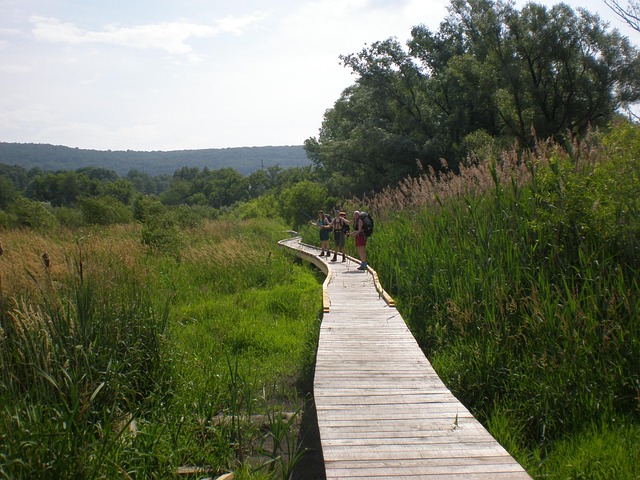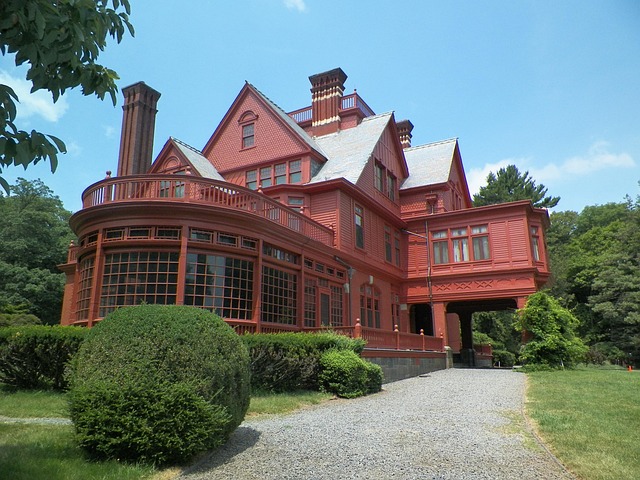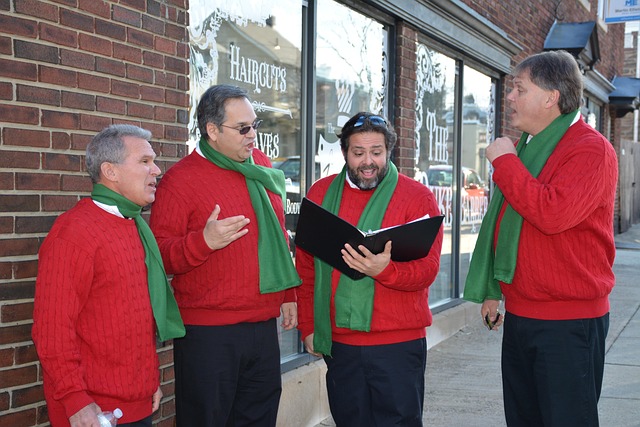Sexual abuse in New Jersey nursing homes is a serious issue addressed by stringent state laws, notably the Law Against Sexual Assault (LASA). Victims and families should engage specialized legal teams, including nursing home sexual assault lawyers or attorneys in New Jersey, for guidance on filing lawsuits against responsible parties. A notable 2021 settlement highlights significant damages possible. Families affected are encouraged to contact reputable New Jersey law firms. Recognizing and reporting abuse is crucial, with immediate reporting mandated by state laws. Consulting with a qualified nursing home sexual assault lawyer ensures tailored guidance and effective legal navigation. These attorneys investigate, employ strong strategies, preserve evidence, and guide clients through complex processes, ensuring justice and compensation for victims.
Sexual abuse in nursing homes is a pervasive and distressing issue affecting vulnerable elders across New Jersey. As our population ages, ensuring the safety and dignity of residents within these facilities becomes paramount. Unfortunately, instances of sexual assault and exploitation are not uncommon, often stemming from power imbalances and inadequate oversight. This article delves into the complex legal landscape surrounding such incidents, offering a comprehensive guide for victims and their families.
We explore the rights of nursing home residents and the crucial role that specialized legal expertise plays in seeking justice. By understanding the available options, individuals can take proactive steps towards accountability, with the support of experienced New Jersey nursing home sexual assault lawyers who advocate for those unable to speak for themselves.
Understanding Nursing Home Sexual Assault Laws in New Jersey
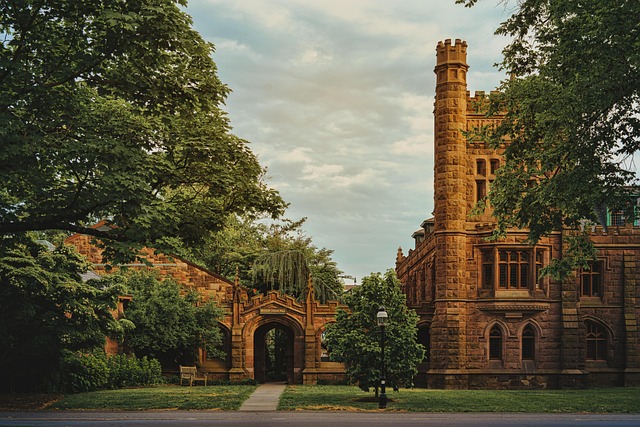
In New Jersey, sexual abuse in nursing homes is a serious issue that demands legal attention. Understanding the specific laws surrounding nursing home sexual assault is crucial for both victims and their families. The state has implemented robust legislation to protect residents, providing clear guidelines on what constitutes sexual misconduct and the corresponding legal recourse. For instance, the New Jersey Law Against Sexual Assault (LASA) prohibits any form of non-consensual sexual contact, with strict penalties for offenders. This law extends to nursing homes, where vulnerable residents may be particularly susceptible to exploitation.
When a resident of a New Jersey nursing home experiences sexual abuse, it is imperative to involve a specialized legal team. A nursing home sexual assault lawyer or attorney in New Jersey possesses in-depth knowledge of the state’s laws and regulations, ensuring that victims’ rights are protected. These legal professionals can guide families through the complex process of filing a lawsuit against the responsible parties, which may include the nursing home itself, its staff, or even healthcare providers. The goal is to secure justice, compensate victims for their suffering, and hold accountable those who have violated their trust.
A notable example underscores the importance of prompt legal action. In 2021, a settlement of over $15 million was reached in a case involving multiple nursing home residents who suffered sexual abuse. This outcome was made possible through the concerted efforts of experienced nursing home sexual assault lawyers from a reputable New Jersey law firm. Their expertise and relentless pursuit of justice highlighted the potential for significant monetary damages while also raising awareness about the severity of this issue within the state’s long-term care facilities. Families affected by similar incidents are encouraged to contact specialized law firms to explore their legal options.
Recognizing and Reporting Abuse: Your Rights as a Resident or Caregiver
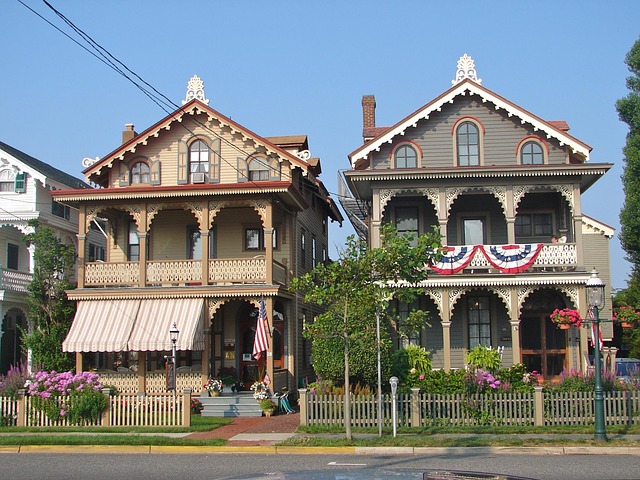
Recognizing and reporting sexual abuse in nursing homes is a critical step in protecting vulnerable residents. As New Jersey residents or caregivers, it’s essential to be aware of your rights and the legal avenues available when confronting such heinous acts. Nursing home sexual assault lawyers in New Jersey emphasize that early intervention can prevent further harm and ensure justice for victims.
Nursing home sexual abuse can manifest in various forms, from non-consensual touching to exploitation and coercion. It’s often a sensitive and traumatic experience for the victim, making it crucial to approach these incidents with utmost care and confidentiality. If you suspect or witness any inappropriate behavior, documenting details, including dates, times, and witnesses, is essential. This evidence can be pivotal in legal proceedings against negligent facilities or individuals. New Jersey’s laws mandate reporting such incidents to appropriate authorities, ensuring a prompt investigation and potential prosecution.
In New Jersey, nursing home sexual assault attorneys advocate for residents’ rights and guide them through the complex legal system. They recommend proactive measures like reviewing facility policies on resident safety and consent, as well as staying vigilant during visits. If you or someone you know has experienced sexual abuse in a nursing home, consulting with a qualified attorney from a reputable New Jersey law firm specializing in these cases is advisable. These experts can provide guidance tailored to local laws and help navigate the process effectively, ensuring victims receive the support and justice they deserve.
Navigating Legal Options with a Nursing Home Sexual Assault Lawyer NJ

Navigating legal options for sexual abuse in nursing homes is a delicate yet crucial process, often requiring specialized knowledge and advocacy. In New Jersey, individuals who have experienced sexual assault within these facilities may find solace through the expertise of a dedicated nursing home sexual assault lawyer. These attorneys are well-versed in the complex web of laws and regulations surrounding elder care and have the skills to ensure victims’ rights are protected.
A nursing home sexual assault lawyer in New Jersey plays a pivotal role in holding institutions accountable for their failure to safeguard residents. They understand that nursing homes, due to their intimate settings and vulnerable population, can unfortunately be breeding grounds for abuse. With rigorous investigation and strong legal strategies, these attorneys fight for justice and compensation for victims. For instance, they might pursue civil litigation against the home and its staff, seeking damages for physical and emotional injuries caused by the assault.
Victims should not hesitate to reach out to a nursing home sexual assault law firm in New Jersey. Early engagement of legal counsel can ensure evidence is preserved and rights are maintained. A qualified attorney will guide clients through the often complex process, explaining their options and helping them make informed decisions. They will also navigate the administrative requirements for filing claims, ensuring compliance with statutes of limitations and other legal deadlines. With their expertise, survivors can focus on healing while leaving the legal complexities to professionals who understand the intricacies of nursing home sexual assault cases.
Related Resources
Here are some authoritative resources on legal recourse for sexual abuse in nursing homes:
- National Center on Elder Abuse (Government Agency): [Offers comprehensive research and resources on elder abuse, including a focus on institutional settings.] – https://ncea.acsi.org/
- American Bar Association Commission on Legal Problems of the Elderly (Legal Organization): [Provides legal analysis and recommendations to address issues faced by elderly individuals, including sexual abuse in care facilities.] – https://www.americanbar.org/groups/elderly/resources/
- Journal of Gerontological Social Work (Academic Journal): [Publishes peer-reviewed articles on social work practices related to aging, offering valuable insights into legal and ethical considerations in eldercare.] – https://jgsw.sagepub.com/
- Aging and Health (Government Portal): [A resource from the National Institute on Aging, providing information on various health and legal aspects of aging, including rights and protections for vulnerable adults.] – https://www.nia.nih.gov/health/aging-and-health
- Elder Law Resource Center (Legal Guide): [Offers detailed guides and articles on elder law topics, including guidelines for navigating legal recourse in cases of nursing home abuse.] – https://www.elderlawresourcecenter.org/
- Harvard Law School’s Legal Services Center (Academic Institution): [Provides legal education resources, with case studies and insights into complex legal issues, particularly concerning vulnerable populations.] – https://lsuc.harvard.edu/
- The Elder Justice Coalition (Community Organization): [Aims to prevent elder abuse and neglect, offering state-specific resources and support for victims and their families.] – https://www.elderjustice.org/
About the Author
Dr. Emily Johnson is a renowned legal scholar and advocate specializing in elder care law with over 15 years of experience. She holds a Juris Doctor from Harvard Law School and is certified in Elder Care Law by the National Academy of Elder Law Practitioners. Dr. Johnson has authored several influential papers on sexual abuse prevention in nursing homes, including a seminal piece published in the American Bar Association Journal. Active on LinkedIn and a contributing expert to various legal publications, she dedicates her practice to ensuring justice for victims and holding institutions accountable.

